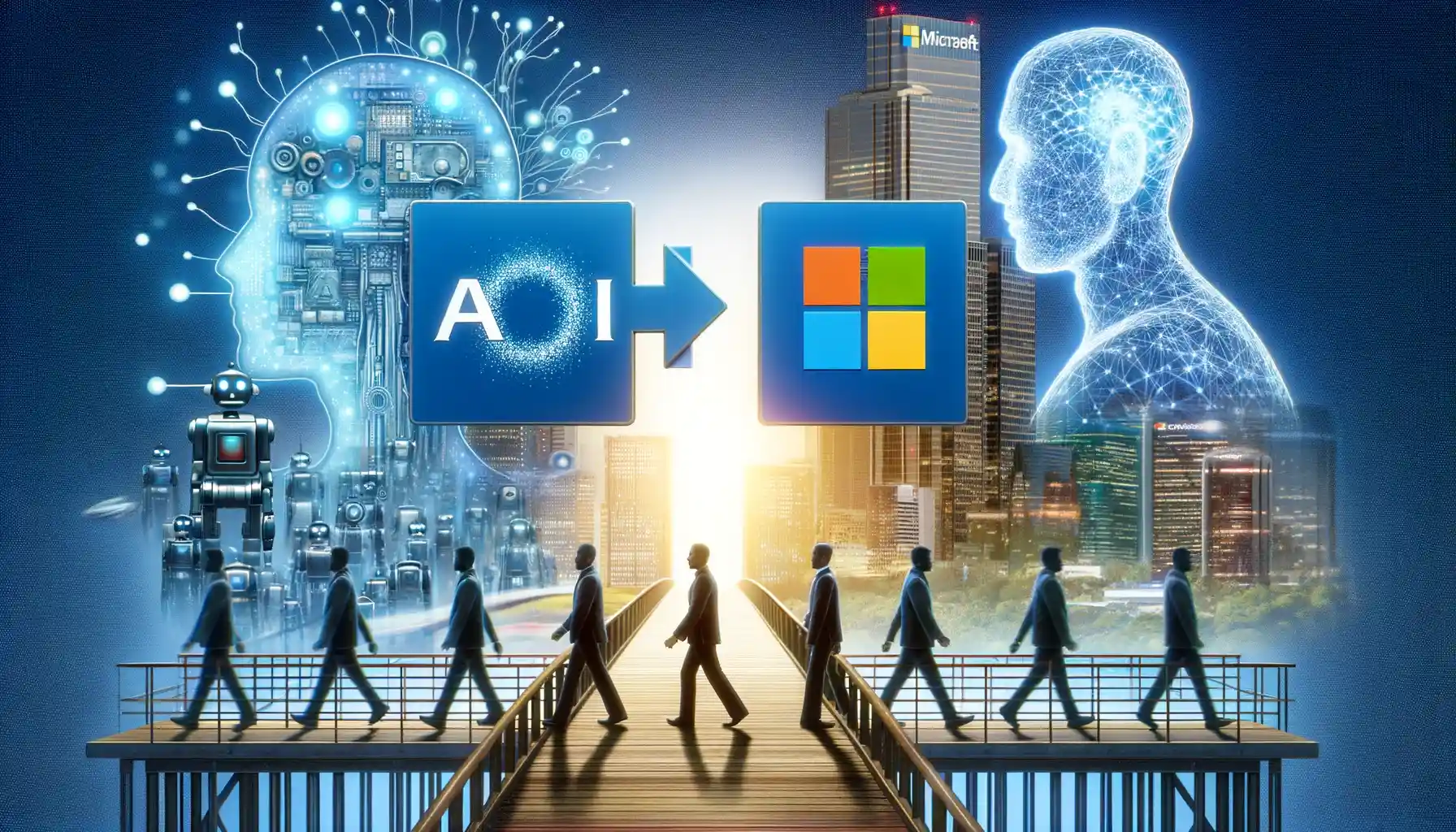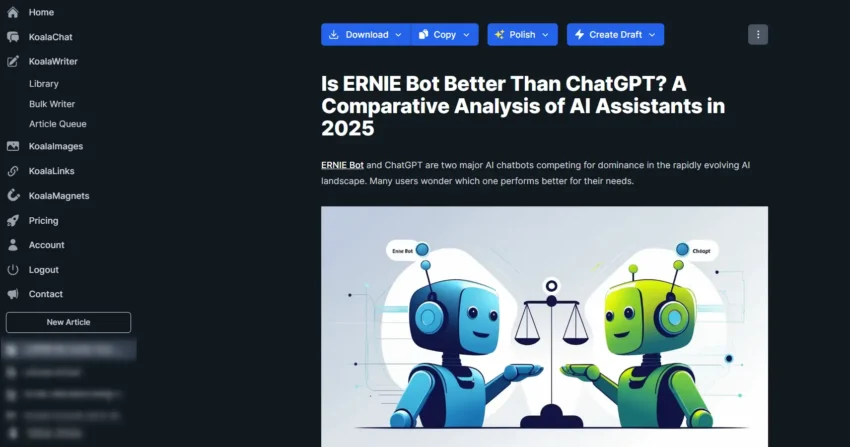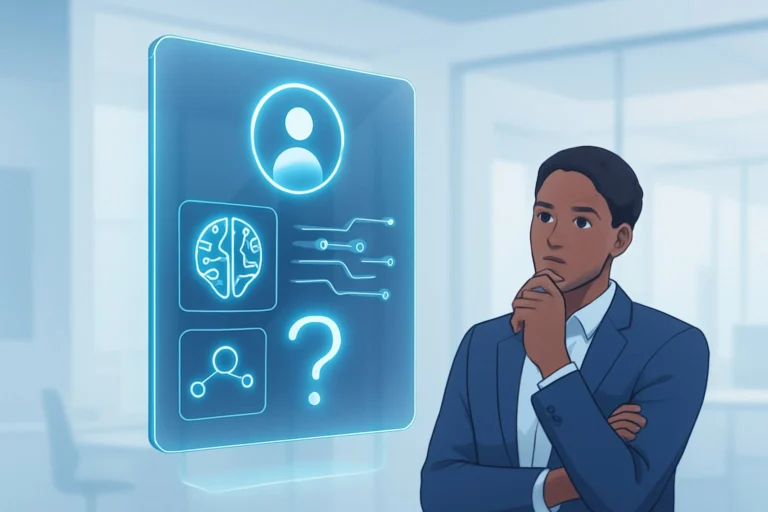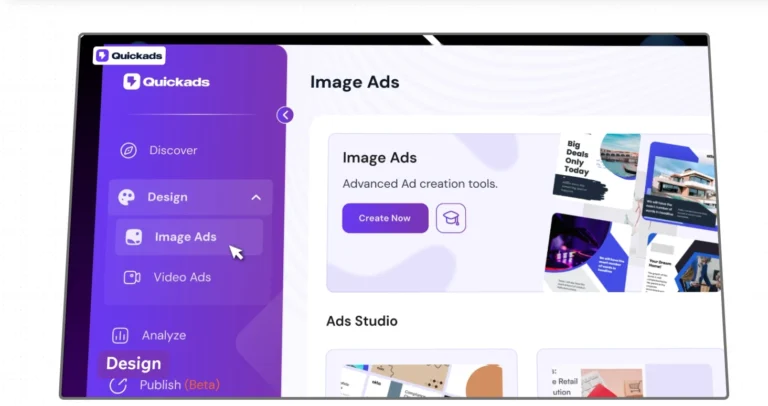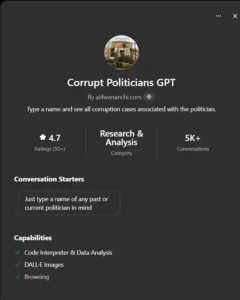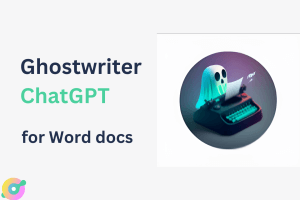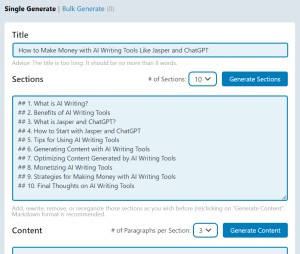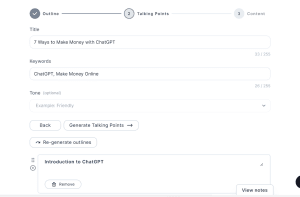In a move that has sent shockwaves through the tech industry, Microsoft CEO Satya Nadella announced the hiring of Sam Altman and Greg Brockman, formerly of OpenAI, to lead a new advanced AI research team at Microsoft.
Altman, previously the CEO of OpenAI, and Brockman, the organization’s former president, join Microsoft amidst a tumultuous period for OpenAI.
The fall and rise of Sam Altman
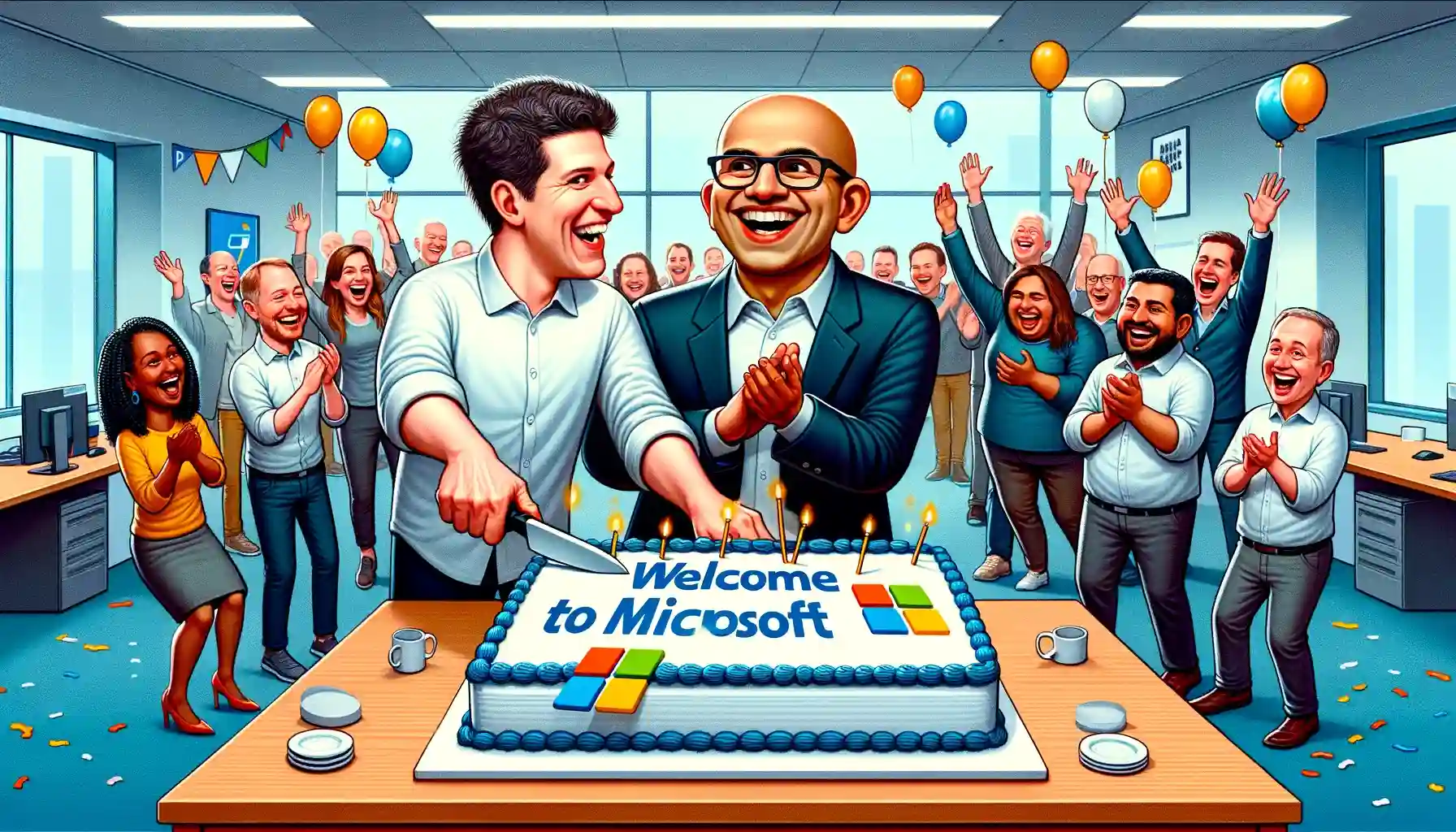
Altman’s journey to Microsoft comes after a dramatic ouster from OpenAI. Under his leadership, OpenAI, the creator of advanced AI technologies such as ChatGPT and GPT-4, has been at the forefront of the AI revolution.
However, in a surprise turn of events, Altman was dismissed from his role as CEO by the board of OpenAI. Reports suggest a loss of confidence in his leadership was the driving force behind this decision.
Shortly after his firing, Microsoft and other investors began deliberate talks with OpenAI management and the board to bring Sam back. As it turns out, negotiations reached an impasse, forcing OpenAI to go a different route.
OpenAI’s new interim CEO: Emmett Shear
As OpenAI navigates these significant changes, Emmett Shear, co-founder and former CEO of Twitch, steps in as the interim CEO, a position that had been temporarily occupied by the current CTO of the company, Mira Murati.
Shear, known for his success in launching Twitch and its subsequent sale to Amazon for nearly $1 billion, is poised to bring a fresh perspective to OpenAI.
The board’s decision to appoint Shear indicates a new direction for the company, which has undergone significant transformations since its inception as a non-profit organization in 2015.
The Implications of these changes
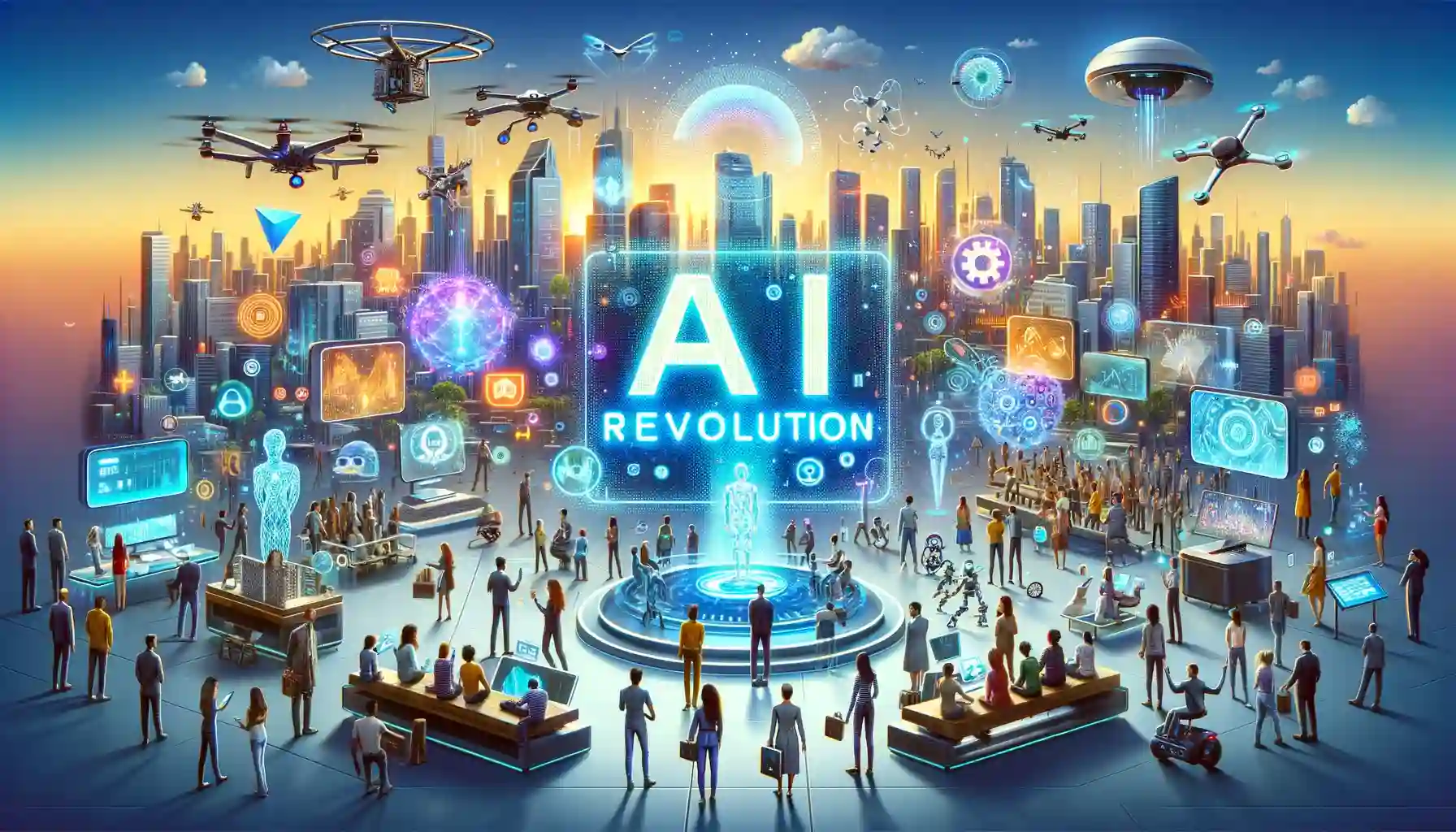
The departure of Altman and Brockman from OpenAI and their move to Microsoft marks a significant shift in the AI landscape. Microsoft, a key partner and investor in OpenAI, now gains two influential figures in AI research and development.
This transition not only strengthens Microsoft’s position in the AI industry but also raises questions about the future direction of OpenAI under Shear’s leadership.
But most importantly, with Sam and Greg on board, would Microsoft be building its own LLMs and AI chatbots to compete with xAI, OpenAI, Anthropic, and Google AI?
Most likely.
OpenAI’s evolution and challenges ahead
Initially founded as a non-profit dedicated to advancing artificial general intelligence, OpenAI’s transition to a “capped-profit” model in 2019 was a pivotal moment.
This shift allowed the organization to pursue its goals with more resources, albeit with different incentives compared to traditional companies.
The controversy surrounding Altman’s departure underscores the complexities and challenges facing OpenAI as it strives to balance ambitious technological advancements with its foundational mission.
In conclusion, the movements of key figures like Sam Altman and Emmett Shear between OpenAI and Microsoft highlight the dynamic and rapidly evolving nature of the AI industry. As these organizations continue to shape the future of AI, the tech world watches with keen interest.

